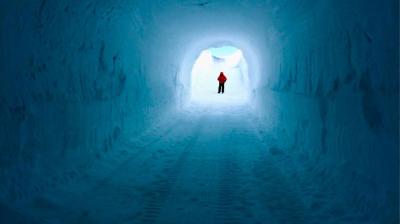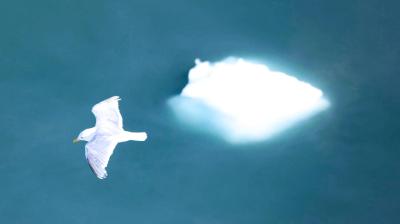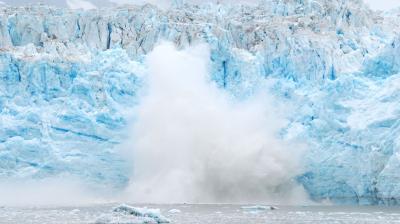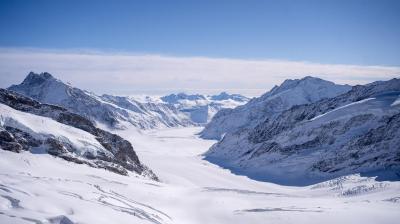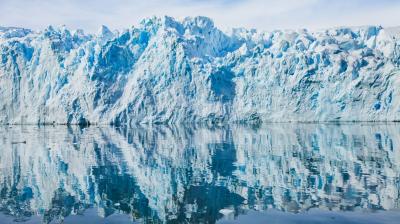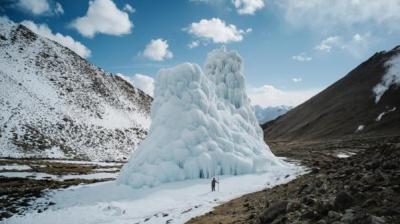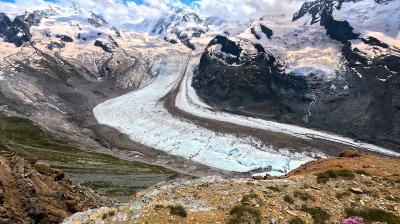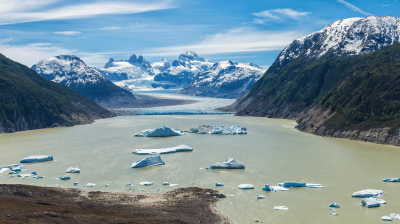WMO reaffirms global commitment to polar science
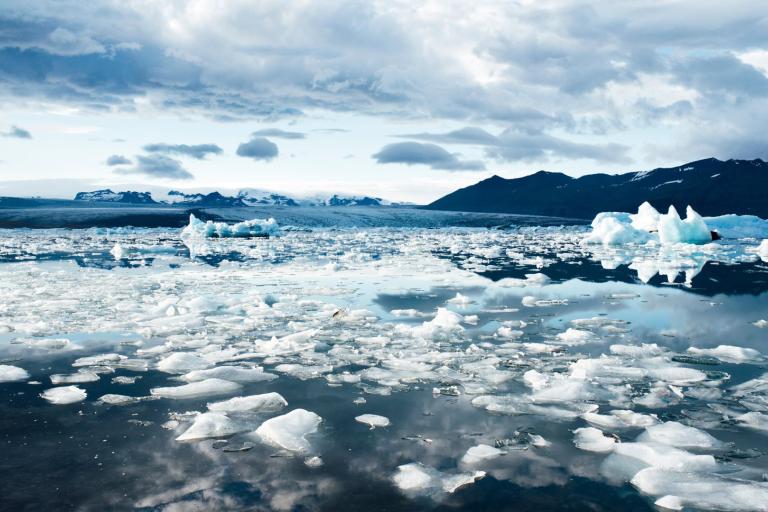
Executive Council endorsed WMO’s active participation in the Fifth International Polar Year (IPY-5), scheduled for 2032–2033. It noted that previous Polar Years led to improvements in operational forecasting, research and services, with global benefits.
The legacies from the most recent International Polar Year (2007-2008) include WMO’s Global Cryosphere Watch, the engagement on polar observation from space, and the Arctic and Antarctic Regional Climate Centres (RCCs). The experience in the polar regions has benefitted Members at lower latitudes. For example, a Third Pole Regional Climate Centre network and related Climate Forum covering high mountain Asia, were established following the model in the Arctic.
The cryosphere – frozen water – is one of WMO’s top priorities. The World Meteorological Congress in 2023 stressed the importance of “understanding, responding to, mitigating and adapting to the global and regional impacts of the irreversible changes in the cryosphere and their downstream impacts on freshwater resources, sea level rise, global fisheries and food security, and the increased disaster risks.”
WMO is one of the co-sponsors of the ongoing International Year of Glacier Preservation.
The EC resolution requests its Panel of Experts on Polar and High Mountain Observations, Research and Services to coordinate the contribution of WMO to IPY-5 in collaboration with the engaged international organizations, and promote scientific cooperation, exchange and partnerships, and with the contribution of WMO structures.
It highlights potential areas of focus:
- Expanded monitoring, observations, data exchange and scientific research to and services in response to changes in the Arctic and Antarctic regions, to support adaptation to changes in Polar regions.
- Promote benefits from the growing constellation of polar orbiting and other satellites monitoring the cryosphere by improved coordination among agencies.
- Support the transformation of science into operational services, including better observing networks in data sparse areas.
- Support the effective operations of Regional Climate Centre Networks in the Arctic and the Antarctic;
- Strengthen collaboration and partnership and the transfer of good practices and knowledge.
IPY-5 is spearheaded by the International Arctic Scientific Committee (IASC) and the Scientific Committee on Antarctic Research (SCAR), and supported by the International Science Council.
It aims to bring together scientists, Indigenous knowledge holders, and global stakeholders to produce actionable insights for mitigating and adapting to environmental changes, while promoting international collaboration and inclusivity.
WMO has been invited to play a role in IPY-5, similar to the engagements of the previous IPYs. Its involvement will ensure that cryosphere science remains integrated into global adaptation and mitigation strategies.


